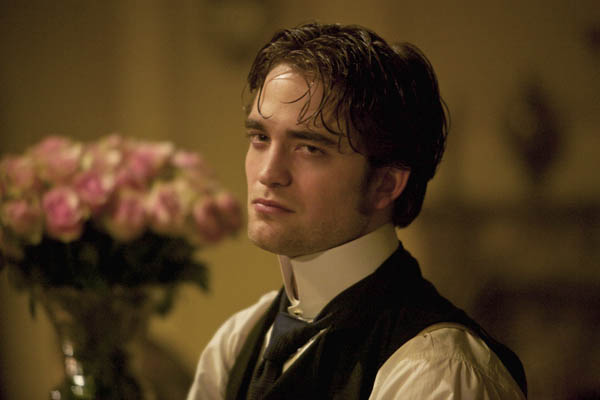
Robert Pattinson (Magnolia Pictures)
In an early scene in Bel Ami, wealthy socialite Madeleine Forestier advises protagonist Georges Duroy that the easiest way to get in the good graces of powerful men is to befriend their wives. Adapted from the 1885 novel by Guy de Maupassant, Bel Ami clutches at this theme while leaving some interesting ideas behind. Duroy, played by Robert Pattinson (of Twilight fame), is a beautiful young man obsessed with wealth, and willing to do anything to shed the laborer peasant life of his father and climb the social ladder to affluence and comfort.
It begins in Paris, 1890, where Duroy runs into an old war friend, Charles Forestier (Philip Glenister), who edits a political newspaper called “La Vie Française.” With the help of Forestier’s wife, Madeleine (Uma Thurman), Duroy begins writing articles for the newspaper from the point of view of a lonely soldier, trapped in a strange land abroad. These articles, written almost solely by Madeleine, fall to the background as Duroy finds easier ways to make his mark. He takes Madeleine’s advice to heart, befriending her as well as her married friends Clotilde (Christina Ricci) and Virginie Rousset (Kristin Scott Thomas). He jumps from the bed of one woman to the next (and then back again), learning nothing more than how to best seduce his way to success.
As a literary period piece, Bel Ami fits well in its genre. The era appropriate score and mise en scène filled with Victorian, Parisian excess create an expected but not unpleasant atmosphere. First-time feature film directors Declan Donnellan and Nick Ormerod use confining spaces, such as Duroy and Clotilde’s love nest apartment, to convey the incestuous nature of the wealthy society. Both directors have apparent backgrounds in theater. It’s clear that the lack of landscapes and wide shots of Paris are meant to depict Duroy’s inner struggle to force his way out of his restricted world and into that of the privileged. This is best demonstrated in the scenes taking place at the newspaper’s headquarters, where his position is continuously being threatened by the men whose wives so ardently adore him.
While the use of small, intimate spaces creates a sense of Duroy’s continuing uncertainty, the film’s political and historical grounding, involving France’s governmental overtaking of Morocco and Forestier’s newspaper covering up the story, is sadly underused. Donnellan and Ormerod undoubtedly want to create parallels to the social and political media of modern times, but by burying the politics and historical context in scenes of seduction, the film becomes overwrought by its compulsion to display its characters’ lustful exploits.
Bel Ami does pose quite a few interesting themes about what it means to be a powerful person; does power come from social standing, political knowledge, or in the manipulation of seemingly fixed Victorian gender roles? In fact, the film’s best moments come from the three main female performances. Scott Thomas’ humorous melodramatics, Thurman’s portrayal of the politically scheming Madeleine, and Ricci’s sweet yet scrutinizing Clotilde make for an intriguing trilogy of strong characters. However, Pattinson’s Duroy reacts to these women with brooding eyes and twitchy movements, constantly struggling to suggest a wealth of emotions under the surface and motivations of a societal villain.
Duroy has his moments of outright wickedness, but it’s difficult to believe that his skills of seduction and good looks are enough of a match against three intelligent women, though they all become pawns in his schemes. He shows too little depth to be sympathetic and is not quite devious enough to hold attention as a great scoundrel. It’s hard to look past Pattinson’s oozing charm, especially close up, when he looks straight into the camera as if to seduce the audience as well as his mistresses. Duroy is meant to be portrayed as a love-to-hate villain, someone who gets everything he doesn’t deserve. He’s not quite captivating enough to root for one way or the other, and I ended up wanting to see more of the devil in him and much less the heartthrob.

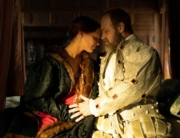
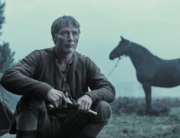
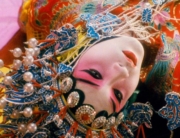
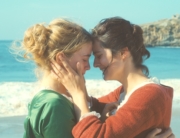
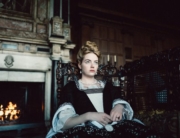
Leave A Comment